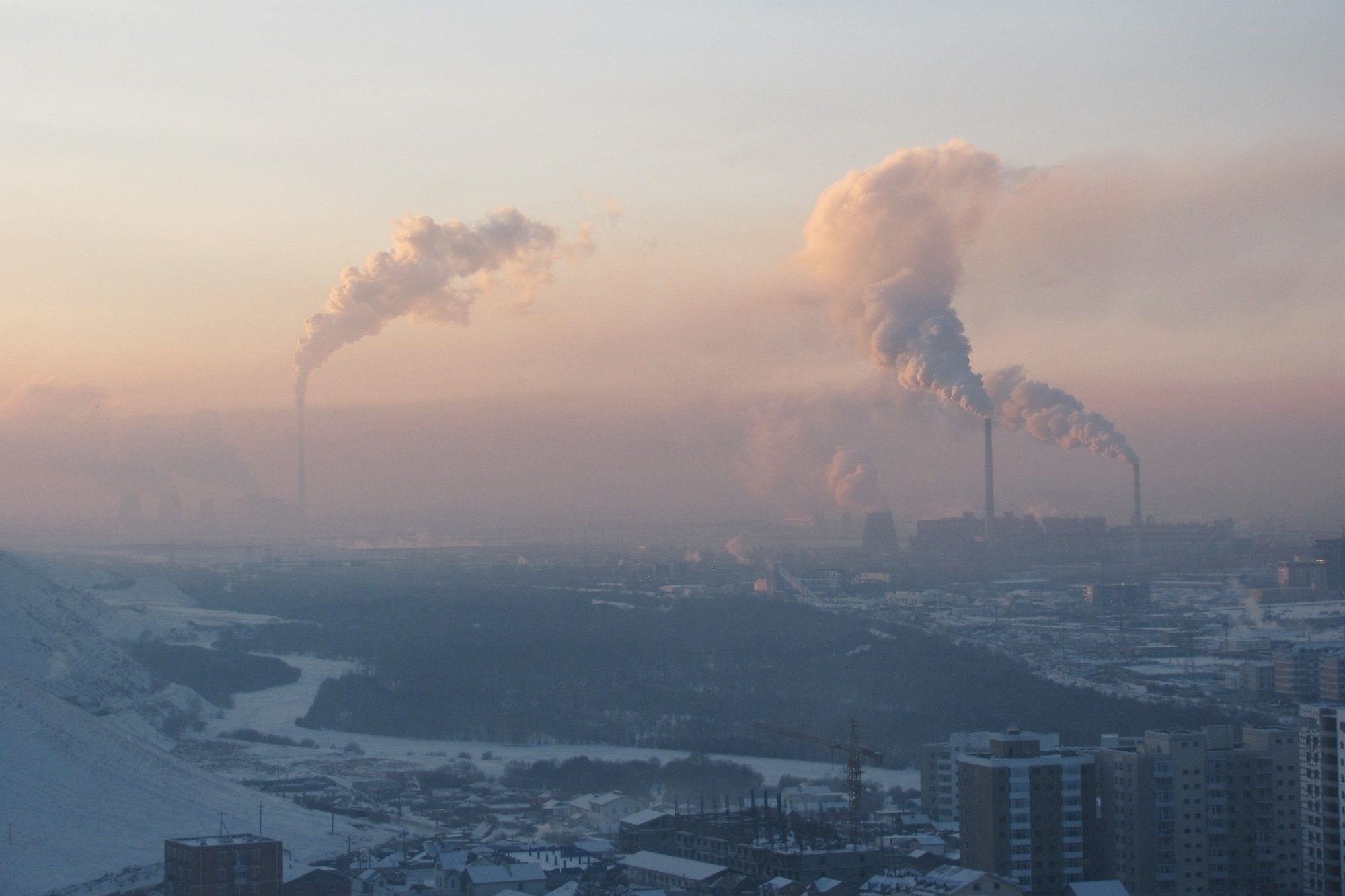According to a recent study, having a portable air cleaner at home can lessen the detrimental effects of air pollution on children’s brain development.

Image Credit: Simon Fraser University.
Scientists from Simon Fraser University collaborated with US and Mongolian researchers to study the advantages of utilizing air filters to decrease exposure to air pollution at the time of pregnancy. The researchers also evaluated the impact on children’s intelligence.
The scientists have observed that their randomized controlled trial is the first study of its kind to record the effects of air pollution reduction on cognition in children.
Starting in 2014, the team hired around 540 pregnant women in Ulaanbaatar, Mongolia to take part in the Ulaanbaatar Gestation and Air Pollution Research (UGAAR) study. Ulaanbaatar has some of the worst air quality in the world, exceeding guidelines established by the World Health Organization (WHO).
The women were under 18 weeks into their pregnancies and non-smokers who had not earlier utilized air filtering devices in their homes. They were assigned randomly to either the intervention or control group.
The intervention group was given one or two HEPA filter air cleaners and encouraged to run the air cleaners constantly for the duration of their pregnancies. The air cleaners were eliminated from the home as soon as the child was born.
Afterward, the scientists quantified the full-scale intelligence quotient (FSIQ) of the children at four years of age with the help of the Weschler Preschool and Primary Scale of Intelligence.
They discovered that the children born to mothers who had utilized the air cleaners consisted of an average FSIQ that was around 2.8-points greater compared to the group that did not make use of an air cleaner at the time of pregnancy.
These results, combined with evidence from previous studies, strongly implicate air pollution as a threat to brain development. But the good news is that reducing exposure had clear benefits.
Ryan Allen, Professor, Environmental Health, Faculty of Health Sciences, Simon Fraser University
Furthermore, children in the intervention team had considerably higher average verbal comprehension index scores, which is constant with the outcomes gathered from earlier observational studies. The study indicates that the verbal skills of the child might be especially sensitive to exposure to air pollution.
Over 90% of the world’s population tends to breathe air along with particulate matter concentrations more than the WHO guidelines. The scientists indicate the population-level impact of air pollution on brain development could be essential even if the individual-level effects are modest.
Their study outcomes denote that decreasing exposure to air pollution at the time of pregnancy could enhance the cognitive development of children throughout the world.
Air pollution is everywhere, and it is preventing children from reaching their full potential. Air cleaners may provide some protection, but ultimately the only way to protect all children is to reduce emissions.
Ryan Allen, Professor, Environmental Health, Faculty of Health Sciences, Simon Fraser University
Journal Reference:
Ulziikhuu, B., et al. (2022) Portable HEPA Filter Air Cleaner Use during Pregnancy and Children’s Cognitive Performance at Four Years of Age: The UGAAR Randomized Controlled Trial. Environmental Health Perspectives. doi.org/10.1289/EHP10302.